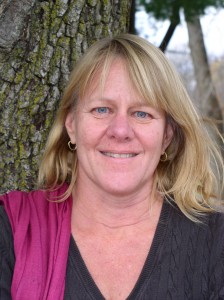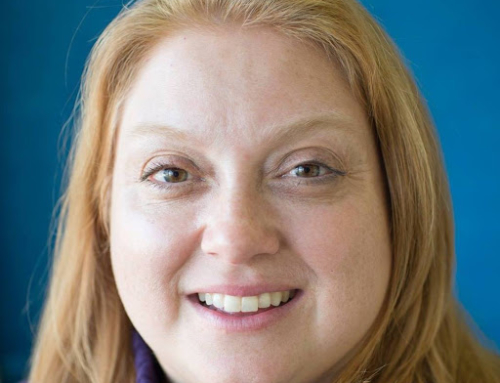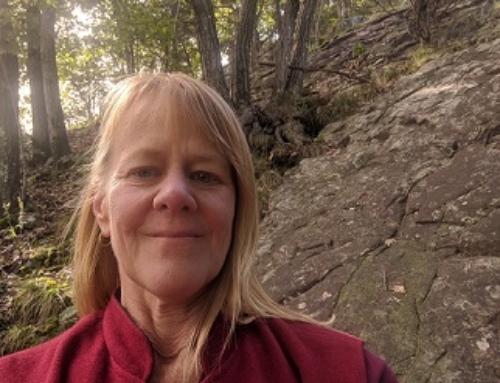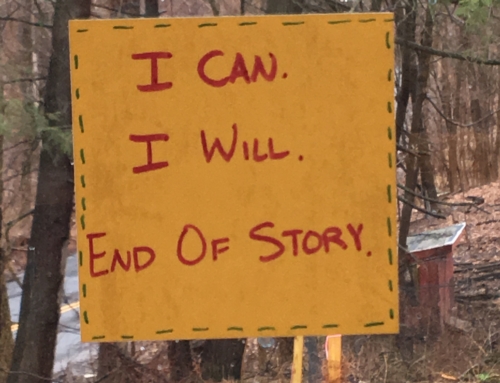With Shannon, our Farm Manager, out on maternity leave I have picked up Monday animal care duties. I had to lobby hard to be given this responsibility. Animal duty is not to be taken lightly, and everyone knows how crazy my schedule can be sometimes. When discussing Monday animal chores I translated the question “Are you sure you want to do this?” as “Are you sure you will be available EVERY Monday morning and afternoon to fulfill your responsibility?”
Taking care of the animals requires consistency, dedication, and attention to detail. It is not something you can blow off for a day just because something else comes up. Our animals rely on us to let them in and out, and feed and water them every single day, without exception.
It is a good exercise for me to take on this responsibility and feel the weight of this obligation. For one, it keeps me connected to the everyday goings-on here at Common ground. It also helps keep me attuned, in some small way, to what it takes to actually operate our farm – or any diversified agricultural operation that includes animals for that matter. Having Shannon on leave has brought my attention back to how much dedication, knowledge and skill is involved in managing such an operation. It is truly a 24 hour a day, 7 day a week job that requires a solid working grasp of the principals of botany, chemistry, soil science, math, entomology, zoology, and veterinary science (among others). It is also a business that requires skill in book-keeping, marketing, finance and planning. In addition, here at Common Ground our Farm Manager works with young people, and must operate the farm as an educational resource.
Despite the knowledge and skill it takes to run a successful agricultural operation, our attitudes toward farmers and farming have changed in recent times. Wendell Berry has written extensively about the marginalization of traditional farming (as opposed to high volume industrial farming) that has occurred over the last several decades, in particular since Earl Butz served as Secretary of Agriculture in the 1950s. In Connecticut the perception that farming is not a highly skilled profession requiring extensive knowledge is manifest in the efforts our Vocational Agricultural programs must make to be recognized as academically rigorous schools focused on teaching all important STEM skills (Science, Technology, Engineering and Math), NOT as programs for students who do not plan to attend college.
While not a Vocational Agriculture school, Common Ground High School has struggled with this same stigma. Sometimes it is assumed, based on the fact that we run a farm on campus, that we are teaching our students to be farmers, and this objective is seen by many to be in opposition to preparing them for college. It would, in my opinion, be excellent if some of our students did choose to be farmers: Farming is a tough but laudable career choice that requires great knowledge and skill and has the potential to make very important contributions to our economy and society.
That being said, despite the fact that we run a farm on campus, it is not the objective of Common Ground High School to teach our students to farm. We run our farm primarily as a means to contribute to the health and well-being of the Common Ground community (including our students) by being a source of healthy food, by participating in efforts to build a better local food system, and by modeling sustainable agricultural practices. An added benefit of our farm, however, is that it provides many opportunities for students to practice skills that are directly relevant to the academic concepts they are learning in the classroom.
Students who choose to engage with the farm are able to directly apply classroom work to real world problems.They learn to use math while running the farmers market, or calculating how much compost we need to spread in the spring. They learn how to compute production costs, and calculate profit and loss while managing egg production and sales. They learn the importance of follow-through and responsibility while caring for our animals. They learn basic principles of plant development, soil chemistry, ecology and insect life cycles while helping with bed preparation, planting and harvesting. They learn about decomposition while assisting with our compost operation. They are exposed to the complex relationships between agricultural practices and global warming, between the sources of our food and food insecurity within our communities, between food choices and health outcomes. This doer/learner model is powerful, and Common Ground’s farm provides the perfect venue for implementing it.
It is easy to forget that you are learning important lessons as a result of the work you are doing on the farm. This morning I let out our cohort of young chickens, who have only just started going outside this past week. I sat and watched as they cautiously peered out their open door, and slowly, one by one stepped gingerly out onto the ramp leading down into their yard. Once outside, finally free from the confinement of their coop, they began performing a silly happy dance, awkwardly, almost joyfully jumping up into the air, pirouetting as they stretched their wings to practice flying before plopping back down to earth. I was very happy watching them, knowing that I was contributing to their well-being that morning. It feels good to help take care of our flock, and to see our young pullets perform a happy dance as a result. I am glad that our students have the chance to have similar experiences while they are engaged in learning. My hope is that as a result they also share in the feelings I enjoyed this morning – of connection, well-being, empathy and relevance – all of which come from contributing to the greater good and being part of a community – even if that community at that moment is comprised of young chickens!
Thanks for reading! I always look forward to hearing your comments if you have any.





Melissa: this is one of your best. Where did you learn to write so well, as for example in your use of concrete experience to bring home an abstract point? I look forward to your reelections, and this one did nothing to disappoint my anticipation. Keep up the good work.
Bob Martincich